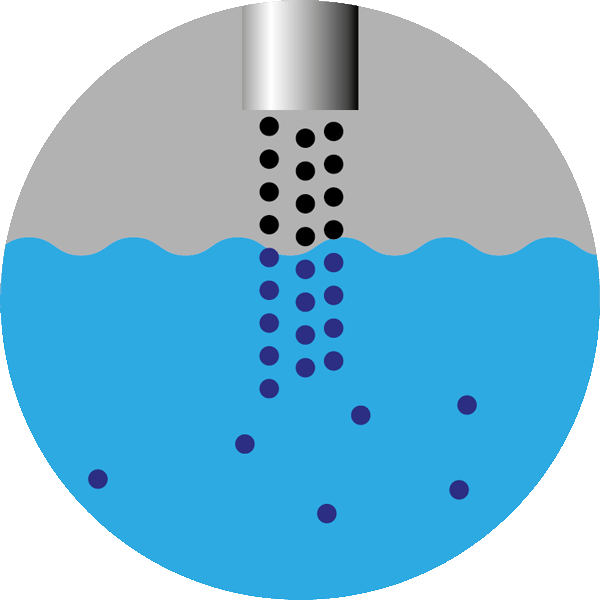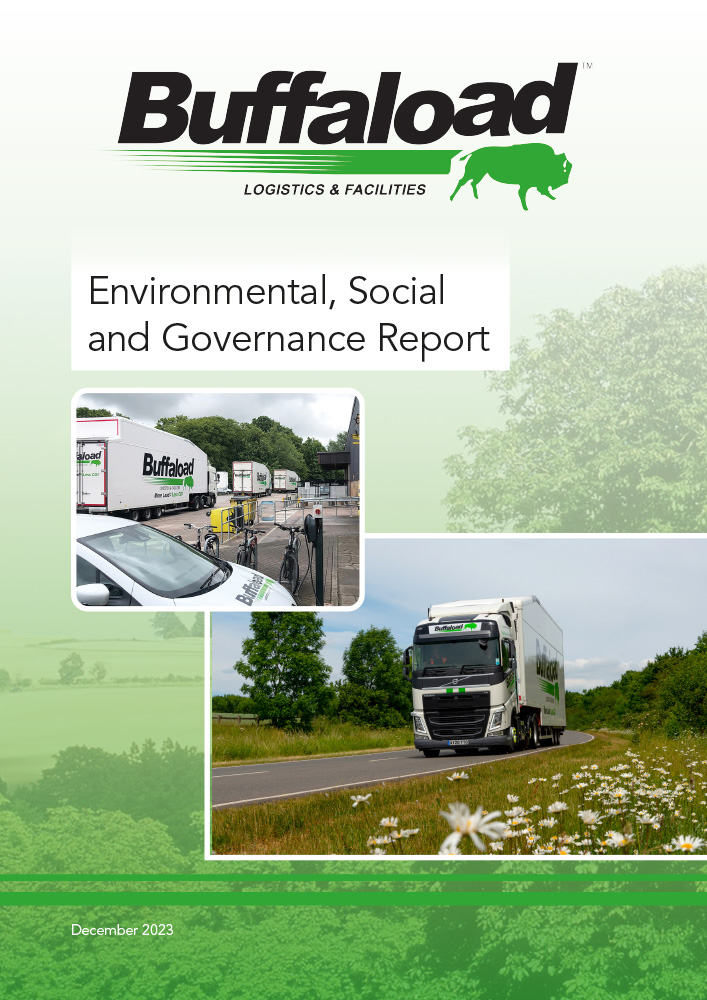Environment matters
This is not just about the obvious advantages of reduced running costs, but more to do with our contribution to a healthy environment, the air we breathe and global warming in general. Now is the time to make a difference.
Ross Taylor, Buffaload founder and CEO
The main issues we need to address:
Pollution
Pollution of air, water and soil require millions of years to recoup. Industry and motor vehicle exhaust are among the highest pollutants. Heavy metals, nitrates and plastics are toxins responsible for pollution.
While Water Pollution is caused by oil spill, acid rain and urban runoff, including particles wearing off vehicle tyres, soil pollution is majorly caused by industrial waste but does include tyre particulates which have been washed off the roads.
Air Pollution is caused by various gases and toxins released by industries and factories and from combustion of fossil fuels.
Tyres and microplastics



Waste Disposal
The overconsumption of resources and creation of plastics are creating a global crisis of waste disposal. Developed countries are notorious for producing an excessive amount of waste or garbage and dumping this in the oceans or shipping it to less developed countries, where it often ends up in the oceans anyway.
Plastic, fast food packaging and cheap electronic products threaten natural environment and therefore the wellbeing of humans.
Climate Change
Climate change is driven by human activity. Climate change deniers have lost all credibility in the face of repeated research and evidence.
Natural Resource Depletion
It may sound frightening, but the scientific evidence is that if we have not taken dramatic action within the next decade, we could face irreversible damage to the natural world and the collapse of our societies.
David Attenborough
Buffaload Logistics are consistently re-investing to bring proven environmental benefits to the way we operate.
All logistics companies, suppliers and retailers must play their part in this last chance to save our world.
The economics are really clear on this, the costs of action are dwarfed by the costs of inaction.
Chris Stark, UK Committee on Climate Change
